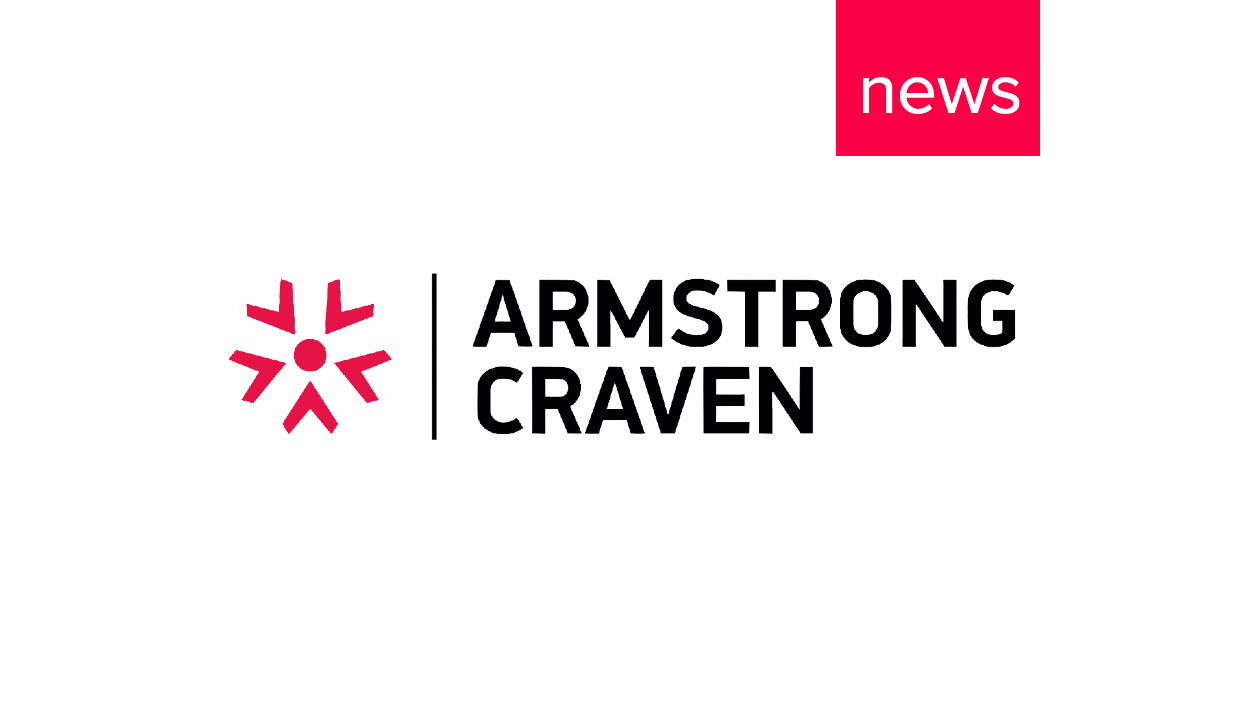What does ESG mean for HR and Recruitment?
03 Oct, 20223 min
ESG is fast becoming one of the leading agenda points for business leaders. In this article, we explore what ESG means for HR and how this is impacting talent.
Most of the significant shifts in the corporate world over my 20-year career have been driven by technological advances. In the last couple of years, we’ve seen global connectivity like never before, an unprecedented explosion of online information and sentiment. In turn, this has led to an increase in awareness around global issues. With global events such as COP 25/26 and Net Zero commitments, social investing is rapidly gaining traction from a financial perspective. So what impact will this have on HR and recruitment? How will an increasing focus on sustainability change how organisations operate?
What does ESG encompass?
ESG stands for “Environment, Social and Governance” and is an umbrella term used to cover three broad areas of interest, which combined cover the ethical and sustainability impact of a business.
- Environmental – the impact a company’s activity has on the environment
- Social – the impact on the social landscape; a company’s workforce as well as the wider community
- Governance – the quality of corporate governance in place, which can include the diversity of the Board, transparency policies regarding public information or codes of conduct
ESG: The Business Perspective
Adjustments in the structure of the C-suite give an indication of the changing attitude towards ESG and, more broadly, sustainability. Armstrong Craven's research indicates that by the end of 2022, 32% of the FTSE100 had created a defined Sustainability/ESG role within their ExCo. Globally, the remit of Chief Sustainability Officer roles varies massively from one company to another and continues to evolve.
ESG Reporting: Trials & Tribulations
ESG reporting is the method through which organisations demonstrate their progress to stakeholders and investors. However, a lack of standardisation is still a major issue when trying to compare data from different organisations. The lack of clarity around what to report on has increased the likelihood of less meaningful action being viewed as ‘greenwashing’. In the UK, Sections 90 and 90A of the Financial Services and Markets Act 2000 state that if an organisation makes a misleading statement or an omission in public filings that leads to a loss for shareholders the organisation can be liable to pay compensation. There is evidence that institutional investors are beginning to leverage this type of legislation to hold organisations to account. Reporting standards are evolving, but it is a complex picture.
Different legislation in Europe, the UK, and the US reflects different sentiment about ESG, as well as varying standards of reporting. The Financial Conduct Authority recently identified “widespread failings” in ESG-related disclosures and recommended that ESG rating providers also needed to be regulated.
ESG: The HR Perspective
Corporate Social Responsibility (CSR) has for many years been a method of encouraging positive impacts on the communities in which organisations operate. ESG criteria moves the dial from qualitative to quantitative; investors are insisting on a much more universal way of quantifying and measuring ESG efforts. A robust ESG strategy is rapidly moving from a ‘nice to have’ to an essential part of organisational strategy.
“When I draw out a people strategy or plan, I put ESG in the centre. Without this, it will be impossible to drive performance and value.”
- Anne Gnanapragasam, Head of HR GSC Malaysia, HSBC
During the pandemic, the Social aspect of ESG gained traction; how an organisation treats its employees has been under the spotlight, with their approach to redundancies being the most visible element. The public reaction to the death of George Floyd in 2020 and heightened awareness of inequalities exposed by the pandemic has placed racial equality firmly back on the agenda. In addition, wellbeing, particularly the responsibility companies bear regarding their employees’ mental health, has also gained significant traction.
Perhaps the most important change is assessing the overall culture of an organisation from an ESG perspective. All of these social considerations give investors an indication of the sustainability of the business. The importance of the ‘people factor’ to business continuity was made resoundingly clear whilst organisations were facing unforeseen challenges such as lockdowns and supply chain disruptions prompted by the pandemic and other major geopolitical events.
ESG Reporting: People Data
From an investors perspective, there still seems to be greater emphasis on the environmental aspects of ESG; however, to address the ‘S’, organisations are increasingly expected to disclose key people data metrics, such as workforce and leadership diversity, pay gap analysis and labour turnover rates.
Pay transparency has gained prominence as a key topic, particularly in the UK and US. In the UK, organisations with more than 250 employees are required to report on their gender pay gap. This is relatively straightforward given it is mandatory to disclose gender for tax purposes. Ethnicity pay gap reporting is more complex, and is not as yet mandatory in the UK. Culture comes into play – in order for employers to get enough data to be able to do any meaningful ethnicity pay gap reporting, they need employees to voluntarily disclose their ethnicity data.
Not only have HR practitioners been required to rapidly improve the quality of people data being generated and analysed (hence the rise in demand for people data practitioners), they have also had to consider whether the culture of their organisations provides the necessary level of trust for employees to feel safe to disclose personal data.
ESG: The Recruitment & Retention Perspective
The impact of ESG on recruitment and retention essentially relates to how an organisation treats people – not only existing employees but also prospective employees, customers, suppliers, local communities and those impacted in any way by their activity. There are two key factors to consider – how external talent perceives your organisation and their experience of interacting with you.
Employer Branding
Prospective employees are increasingly looking to work for organisations that align with their values. Younger generations, in particular, are looking for employers that demonstrate a commitment to environmental and social responsibility. Outlining policies and practices on corporate websites is common practice; employers now have to factor in prospective employees also researching their reputation via Glassdoor and social media as well as news items, all of which are out of corporate control.
Recruitment and Retention Practices
An organisation’s commitment to diversity, equity and inclusion can impact its ability to attract and retain talent. Many organisations are reviewing their recruitment practices to try and make them more inclusive. At the end of the day, how candidates are treated during the recruitment process gives a fairly clear indicator of the culture of an organisation and how people can expect to be treated as employees. If your recruitment team cannot readily answer questions about the organisation’s ESG activity, it could negatively impact securing top talent.
“When recruiting talent, the first thing they want to know is what my company is doing from a sustainability perspective. I have to outline what our organisation is doing to contribute to Net Zero”.
- Talent Acquisition Director, Major Consultancy
Despite a rising backlash against ESG driven by political considerations in some regions, the combination of a change in investment criteria, increasing regulation and a more environmentally and socially conscious workforce makes the continuation of this shift inevitable – it is not a matter of if but when global organisations will have to adapt.
Employees are increasingly looking for organisations that fit their values. For employers to remain competitive in the talent market, they need in-depth intelligence and market information to enable them to make more informed business decisions.
Discover how Armstrong Craven can provide extensive and unique insights to give your talent strategy a competitive edge. Explore our dedicated talent insights page, or contact the team for more information.
Speak with an expert
If you want to learn a little more about what we do and how talent research can help you make better-informed business decisions, our team of talent research and consulting specialists are happy to help.







